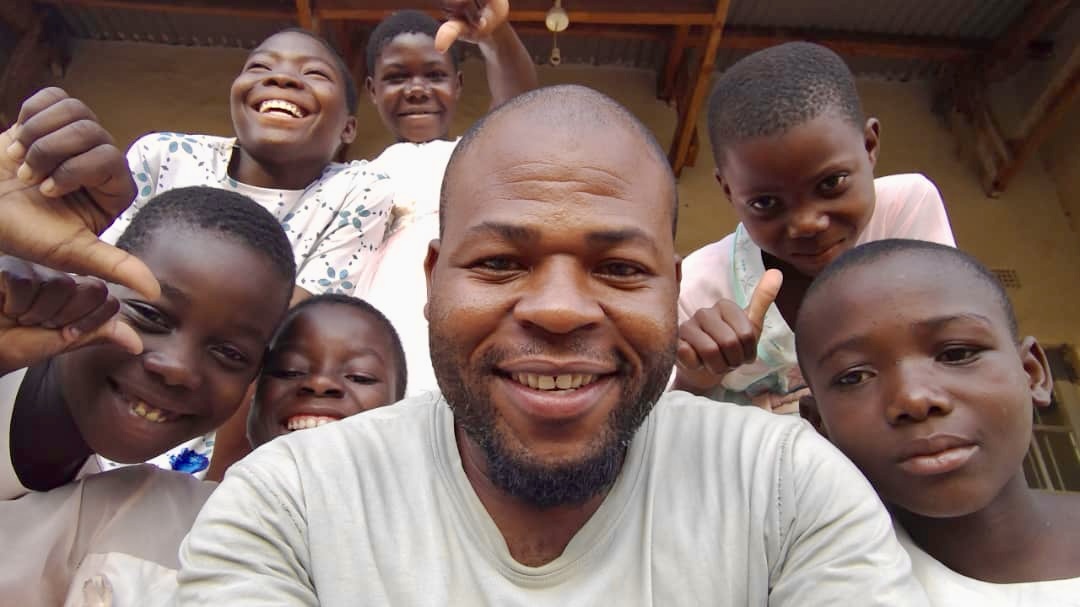In preparing for the launch of Orphan Shade I have conducted a fair amount of internet research on traditional orphanages and their viability as a solution for caring for orphans. What I learned surprised me. Traditional institutional orphanages don't work.
One of the larger criticisms of residential orphanages is the lack of substitute parental relationships for the children. Children are generally supervised by employed house men or moms. However, the children miss out on the intimate relationship of a dedicated parent or parent figure. This creates the risk of a variety of serious psychological issues with longstanding effects in adulthood.
Children in traditional orphanages tend to be not well prepared for the adjustment back to society as adults or older teens. Orphans have often been isolated and protected in an environment that is very different than the real world that they must live in as adults. This information is not intended to impute the character or intent of orphanage founders and directors. I submit that their intentions are generally good.
Traditional orphanages are an expensive proposition. The capital cost to build campus-like facilities for large numbers of children is extensive. In addition, operating these facilities with staff, food, maintenance, etc... is sizable. The cost creates the corresponding need for fundraising from individuals and churches in the west. Foster care is generally considered as a much lower cost alternative.
Most traditional orphanage residents are not orphans. This was very surprising to me. Several data sources quote that 80% of the children housed in global orphanages are not orphans at all. What? Apparently, it is completely common for a parent or parents in third world countries to "enroll" their children in an orphanage. The advantage is that poor parents can ensure their children in an orphanage will be fed, clothed, educated and housed for an extensive period of time. There is also data suggesting that some fraudulent orphanages are setup to solicit funds from good hearted donors.
These reasons and more are changing the way that the first world and third world think about care for orphans. There are various movements afoot to close existing orphanages and move children back to the their extended families and tribal villages for care.
The Orphan Shade model is intentionally different than the traditional instructional orphanage. Orphan Shade is a local community-based family approach to caring for double orphans. Read the blog, "The Orphan Shade Model" for more information on our unique approach to orphan care.
Links to articles on the subject:
Orphanages are not place for children - https://www.washingtonpost.com/opinions/orphanages-are-no-place-for-children/2013/08/09/6d502fb0-fadd-11e2-a369-d1954abcb7e3_story.html?utm_term=.27ba9fe479e7
Are orphanages a necessary evil, or is there a better way? - https://blog.ted.com/are-orphanages-a-necessary-evil-or-is-there-a-better-way/
What are we still building orphanages in 2016? - http://www.craiggreenfield.com/blog/2016/lostkites
The world must wake up to the dangers of orphanages - https://www.newstatesman.com/world/2017/03/world-must-wake-dangers-orphanages

Subscribe to our Newsletter



.JPG)




